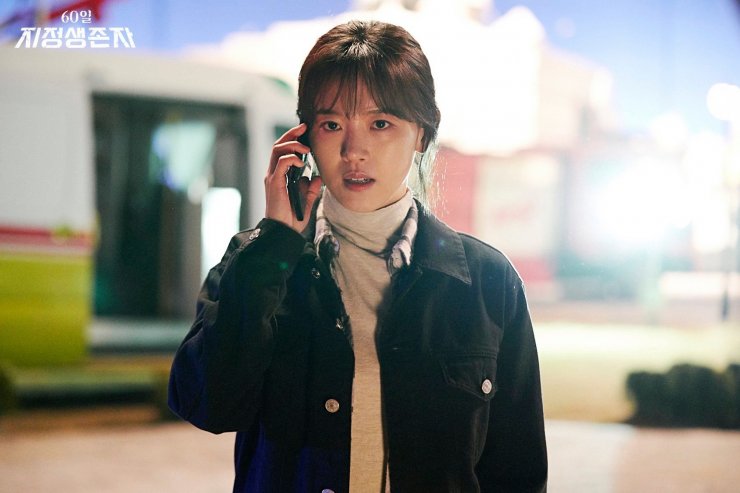
What happens if an explosion wiped out all the key leaders of your country’s government? That’s the premise for Designated Survivor: 60 Days, a new Netflix Korean drama inspired by an eponymous American series. However, the Korean remake adapts itself to suit the zeitgeist and institutions of South Korea, setting itself up to be a thrilling introduction to the world of Korean politics.
American Origins
Similar to the original American series, in Designated Survivor: 60 Days the bookish, lowly cabinet minister Park Mu-jin (Ji Jin-hee) is thrust into the role of acting President when the initial President, his cabinet, and most of the Korean legislature are killed in an explosion at the National Assembly building.
Most of the first episode focuses on the routine politics of the Korean government in the days leading up to the explosion, as Korean bureaucrats negotiate a Korea-US Free Trade Agreement. As Environment Minister, Park refuses to let higher-polluting American cars be imported into Korea — leading to tense negotiations with a tough US Trade Representative that would not be out of place in a modern America led by a self-proclaimed “tariff man”. Of course, the Americans are portrayed as belligerent and thug-like, which is in line with how many other Korean dramas portray Americans.

Blue House, Not White House
Designated Survivor: 60 Days is decidedly a Korean show, irrespective of its American origins. South Korea doesn’t have a “State of the Union” address, and thus does not have the concept of a “Designated Survivor”. Park is in fact not present at the National Assembly, where the President was giving an address, because he was asked to resign just hours earlier due to his refusal to compromise in the trade agreement negotiations.
The politics are different as well — South Korea’s biggest foreign policy challenge is North Korea, and this shows up a couple times throughout the pilot episode (as well as in many other dramas). Mirroring real-world Korean politics, in which President Moon has warmed up to North Korea to the dismay of conservatives, the fictional opposition party in the series walks out of the President’s speech in protest against a proposed peace deal with the North (saving them from being killed in the ensuing explosion). Later after the explosion, a secure military bunker under the Blue House constantly monitors key North Korean military sites.
However, the pilot lacked a meaningful introduction to the ensemble of Blue House bureaucrats that would ultimately work with Park. We know the names and faces, but Designated Survivor: 60 Days stops short of revealing much about their personalities or motivations. Perhaps this is a normal pace for Korean political dramas — a similar series Chief of Staff (which takes pointers from The West Wing) also got off to a slow start, with most of the juicy action starting four episodes in.

Future Campaign Promises
Still, Designated Survivor: 60 Days’ pilot gave us plenty to look forward to: a Korea-US trade agreement, a North Korean peace deal, and a national legislature filled entirely with members of the opposition party will certainly make for intense political drama. And of course, just like the American Designated Survivor, the National Intelligence Service will be trying to find the perpetrators of the bombing, hopefully giving the Korean series a splash of espionage thrill.
It will also be interesting to see the different reactions that the fictional Korean bureaucracy and public will have to the acting President. In the American series, citizens see the Capitol building as a symbol of American democracy and values — its destruction is a unifying force for the American public, who rallies around the new President. Will Koreans react the same way?
The titular “60 days” also gives us an indication of what might happen in future episodes — unlike American acting Presidents, who serve the rest of the term, the Korean acting President serves only for 60 days before a new election happens. Perhaps Park will focus the latter half of his 60 days in office on a re-election campaign.
For fans of the American Designated Survivor and all political dramas alike, Designated Survivor: 60 Days is a fresh — yet familiar — show that introduces Korean politics.
Netflix will be releasing two episodes of “Designated Survivor: 60 Days” a week through the month of July 2019. Watch the series on Netflix here.
• • •
Designated Survivor: 60 Days (Korean: 60일, 지정생존자)—South Korea. Dialog in Korean. Directed by Yoo Jong-sun. Starring Ji Jin-hee, Lee Joon-hyuk, Heo Jun-ho, Kang Han-na, Bae Jong-ok, and Kim Gyu-ri.
